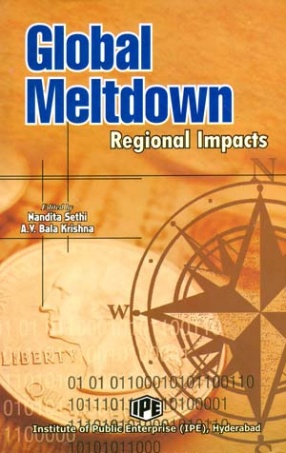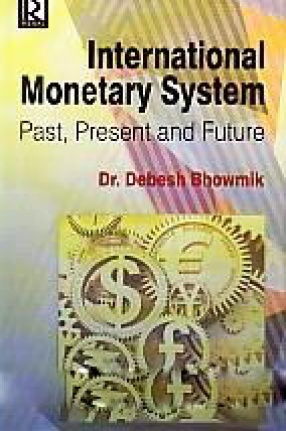The financial turmoil which surfaced in August 2007 in the US Financial system as a result of defaults of sub-prime mortgage loans has blown into an unprecedented financial crisis engulfing international money, credit, equity and foreign exchange markets. What started off as a sub-prime crisis in the US housing mortgage sector has turned successively into a global banking crisis, global financial crisis and now a global recession.
Though emerging market economies, including India, do not have direct or significant exposure to stressed financial instruments or troubled financial institutions, they are not immune to the adverse effects of the financial crisis.
Most of the crises over the past few decades have had their roots in developing and emerging countries, often resulting from abrupt reversals in capitals flows, and from loose domestic monetary and fiscal policies. In contrast, the current ongoing global financial crisis has had its root in the US.
Given the experience of the post-crisis period, the decoupling hypothesis stands invalidated. Reinforcing the notion that in a globalised world no country can be an island, growth prospects of emerging economies have been undermined by the cascading financial crisis with, of course, considerable variation across countries.
This book contains 16 analytical contributions gathered from various sources which give-the regional dimensions-deep insights into the origin, causes, consequences and remedial measures related to the crisis.






There are no reviews yet.